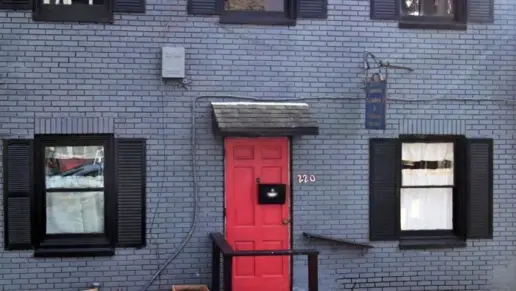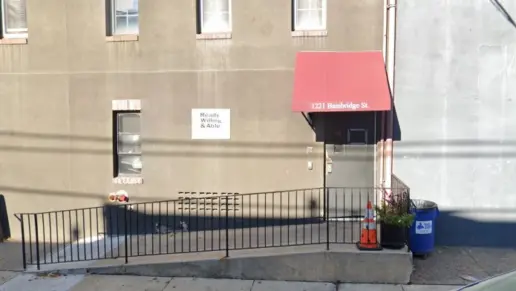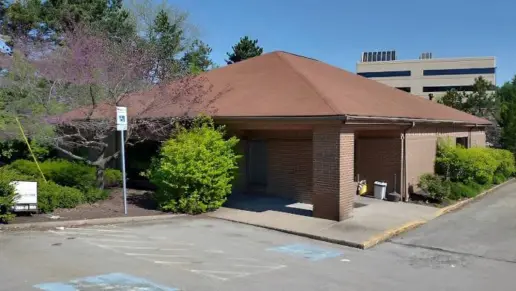About Water Gap Wellness Inn
Water Gap Wellness has substance use and co-occurring disorder treatment facilities in several states, including their facility in East Stroudsburg, Pennsylvania. The programs they offer are accredited by The Joint Commission, and they accept most major insurance carriers. Currently, the facility offers partial hospitalization, intensive outpatient, outpatient, and drug rehab programs. It should be noted that they’re soon adding detox and residential programs.
The partial hospitalization program (PHP) takes a holistic, individual approach to treatment. The goal is to recalibrate your mind while restoring balance to your body and spirit through outdoor experiences and clinical sessions. The PHP is for clients with a substance use disorder, primary mental health diagnosis, or a dual diagnosis condition.
The program benefits clients needing comprehensive structured support to transition back to independence. You’ll meet six days a week for six hours per day. You’ll have group sessions and two private counseling sessions each week. Through therapy and education, you’ll develop better coping mechanisms while learning valuable life skills such as budgeting, time management, and medication management.
During therapy sessions, you’ll use evidence based therapies such as cognitive behavioral therapy (CBT) and dialectical behavioral therapy (DBT). You’ll identify the situations that trigger you to drink or use so you can work through those core issues. Many people use substances as a coping mechanism to numb themselves from painful trauma or other issues. Once you’ve identified these issues, you’ll be better able to live a sober, more fulfilling life.
The intensive outpatient program (IOP) is a less intense program than the PHP. You can take advantage of the housing option or commute to treatment while living at home. The IOP includes CBT, psychotherapy, and medication management. You’ll work on many of the same skills as you would in the PHP.
They have an inn at Water Gap for clients who might not have a place to stay. It’s a few miles away from the center and offers many amenities.
Rehab Score
Gallery

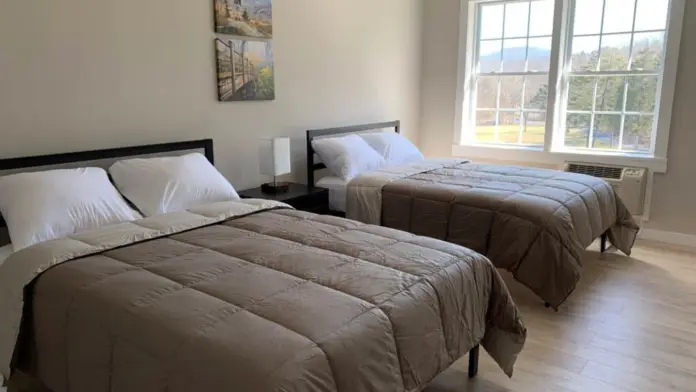
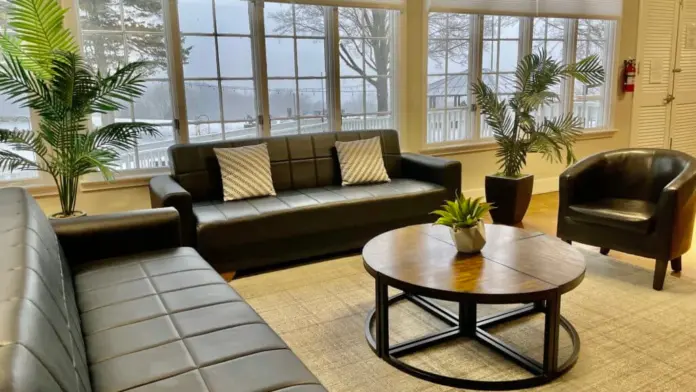
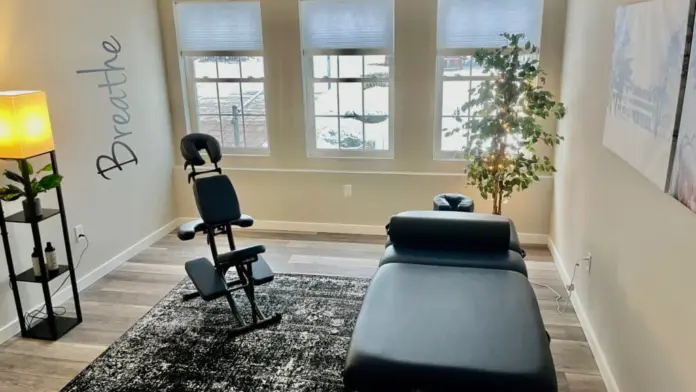
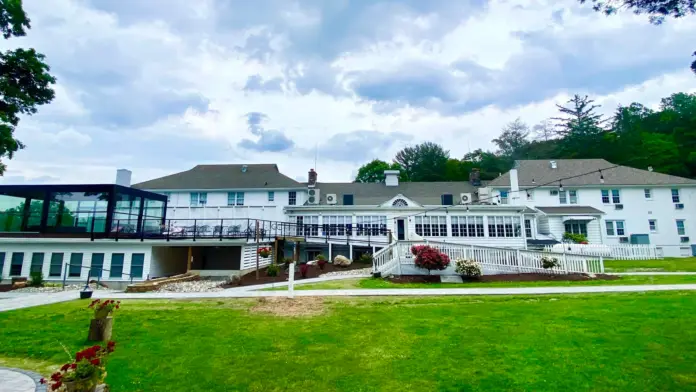
Location
Other Forms of Payment
Private insurance refers to any kind of healthcare coverage that isn't from the state or federal government. This includes individual and family plans offered by an employer or purchased from the Insurance Marketplace. Every plan will have different requirements and out of pocket costs so be sure to get the full details before you start treatment.
Self-pay involves paying for treatment out of your own pocket. You can use savings or credit, get a personal loan, or receive help from family and friends to fund your treatment. If you don't have insurance or your insurance plan doesn't cover a specific program, self-pay can help ensure you still get the care you need.
Addiction Treatments
Levels of Care
Treatments
A combined mental health and substance abuse rehab has the staff and resources available to handle individuals with both mental health and substance abuse issues. It can be challenging to determine where a specific symptom stems from (a mental health issue or an issue related to substance abuse), so mental health and substance abuse professionals are helpful in detangling symptoms and keeping treatment on track.
Programs

Clinical Services
Cognitive Behavioral Therapy (CBT) is a therapy modality that focuses on the relationship between one's thoughts, feelings, and behaviors. It is used to establish and allow for healthy responses to thoughts and feelings (instead of unhealthy responses, like using drugs or alcohol). CBT has been proven effective for recovering addicts of all kinds, and is used to strengthen a patient's own self-awareness and ability to self-regulate. CBT allows individuals to monitor their own emotional state, become more adept at communicating with others, and manage stress without needing to engage in substance abuse.
Dialectical Behavior Therapy (DBT) is a modified form of Cognitive Behavioral Therapy (CBT), a treatment designed to help people understand and ultimately affect the relationship between their thoughts, feelings, and behaviors. DBT is often used for individuals who struggle with self-harm behaviors, such as self-mutilation (cutting) and suicidal thoughts, urges, or attempts. It has been proven clinically effective for those who struggle with out-of-control emotions and mental health illnesses like Borderline Personality Disorder.
Experiential therapy is a form of therapy in which clients are encouraged to surface and work through subconscious issues by engaging in real-time experiences. Experiential therapy departs from traditional talk therapy by involving the body, and having clients engage in activities, movements, and physical and emotional expression. This can involve role-play or using props (which can include other people). Experiential therapy can help people process trauma, memories, and emotion quickly, deeply, and in a lasting fashion, leading to substantial and impactful healing.
In individual therapy, a patient meets one-on-one with a trained psychologist or counselor. Therapy is a pivotal part of effective substance abuse treatment, as it often covers root causes of addiction, including challenges faced by the patient in their social, family, and work/school life.
Motivational Interviewing (MI) is a clinical approach to helping people with substance abuse issues and other conditions shift behavior in positive ways. It is more goal-oriented than traditional psychotherapy, as MI counselors directly attempt to get clients to consider making behavioral change (rather than wait for them to come to conclusions themselves). Its primary purpose is to resolve ambivalence and help clients become able to make healthy choices freely.
Amenities
-
Private Setting
-
Mountain Views
-
Hiking
-
Gym
Staff & Accreditations
Staff
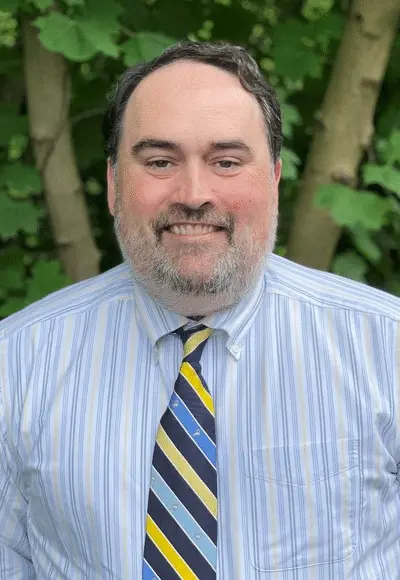
Chief Medical Officer

Deputy Chief Medical Officer
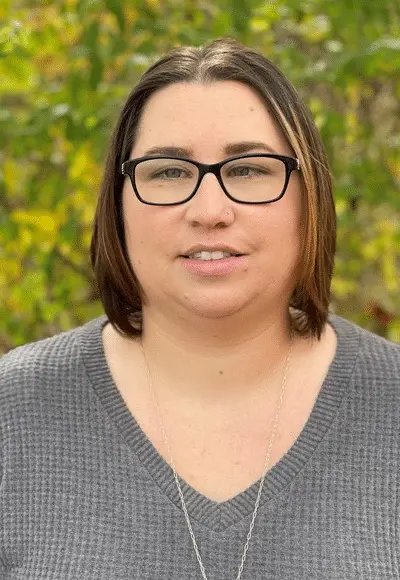
Psychiatric Nurse Practitioner
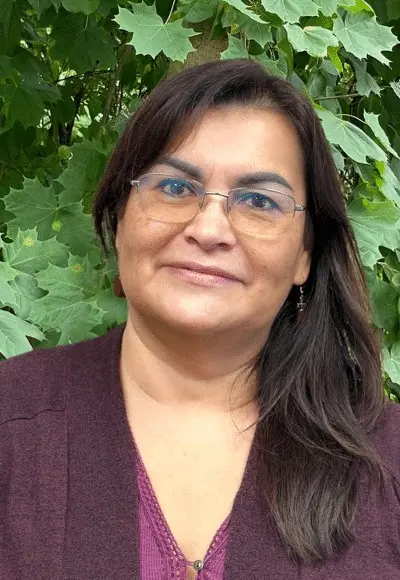
Psychiatric Nurse Practitioner
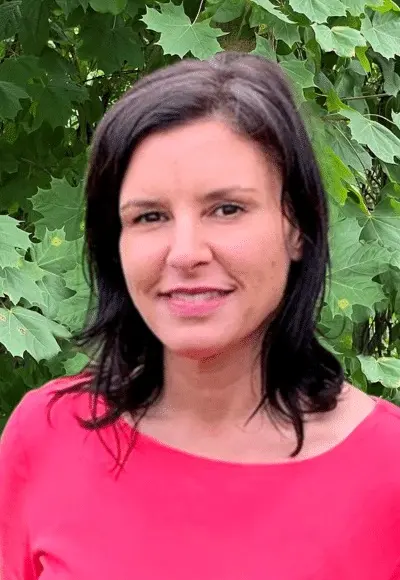
Psychiatric Nurse Practitioner
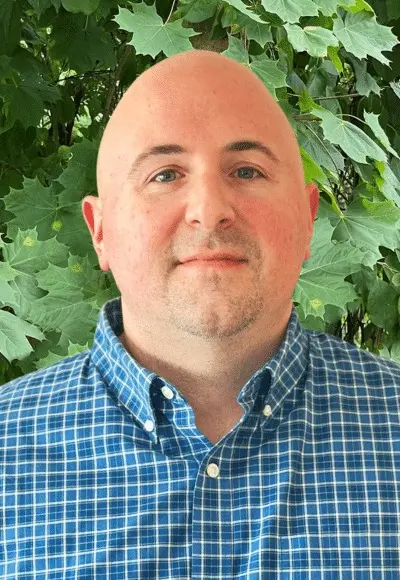
Psychiatric Nurse Practitioner
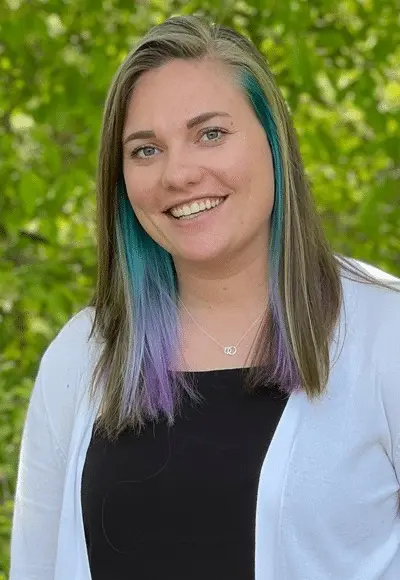
Director of Family & Alumni Program
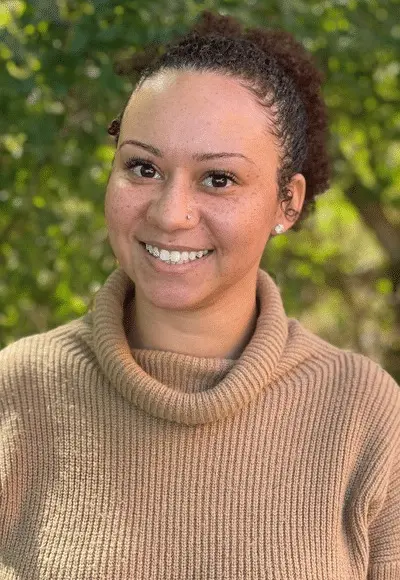
Counselor Assistant
Accreditations

State Licenses are permits issued by government agencies that allow rehab organizations to conduct business legally within a certain geographical area. Typically, the kind of program a rehab facility offers, along with its physical location, determines which licenses are required to operate legally.
State License: Pennsylvania
License Number: 457055
Contact Information
100 Plaza Court
East Stroudsburg, PA 18301

